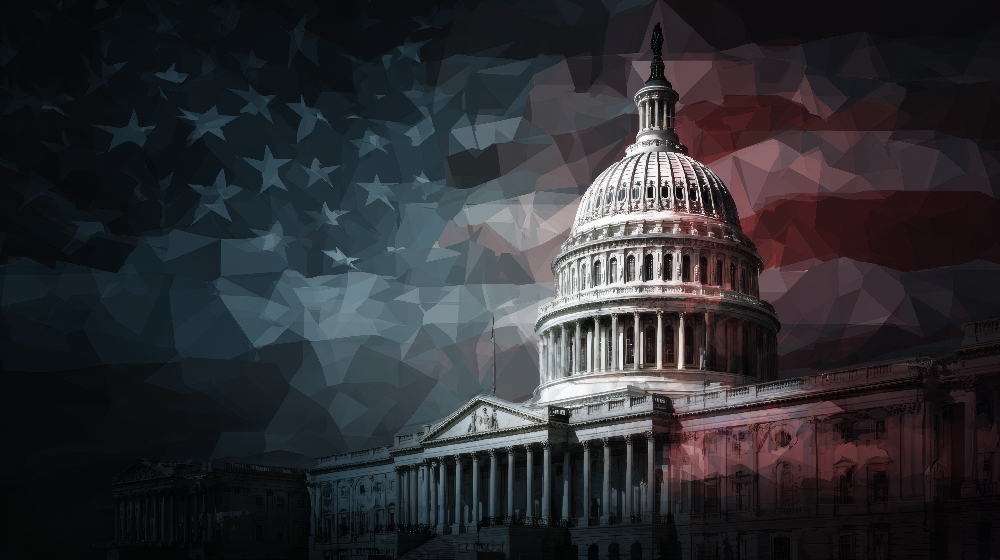
The House has just voted to pass a temporary spending bill in a 222-209 vote, sending it to the president’s desk for signature. This critical step could mark the end of the longest government shutdown in history, reopening the federal government and restoring vital functions. While final approval is still pending, many small business owners are eager to understand what this potential reopening could mean for their operations and finances.
Restoration of Federal Contracts and Funding
If the president signs the bill into law, federal agencies and departments are expected to resume operations. One of the immediate benefits for small businesses is the likely restart of federal contracts and payments. For months, many relied on government contracts, grants, and subsidies that have been halted. Once reopened, these funds could flow again, providing much-needed revenue and stability. For businesses that had dipped into reserves or relied on emergency lines of credit, this could be a significant relief, helping to stabilize cash flow and fund upcoming projects that have been on hold.
Resumption of SBA Financing and Support Programs
A government reopening would also allow SBA financing to resume normal processing. During the shutdown, most SBA lenders continued to process applications, but loans that hadn’t yet received an SBA loan number—an approval milestone—were unable to be funded. Once government operations are fully restored, SBA loans like the 7(a) and 504 programs are expected to open back up, making them more accessible for entrepreneurs seeking funding to grow, refinance debt, or acquire equipment or inventory. SBA resource centers and regional offices will likely reopen soon, providing vital support and guidance to small business owners.
Market Confidence and Business Operations
The potential reopening is expected to boost market confidence. Small businesses can refocus on restoring their operations—such as launching marketing campaigns, expanding their services, or pursuing new contracts—without the cloud of uncertainty. This renewed confidence can translate into increased sales, new partnerships, and growth opportunities. However, owners should remember that, given past shutdowns, another government closure could still occur in the future. Staying prepared with reserves and contingency plans remains essential.
Operational and Supply Chain Improvements
Many small businesses experienced disruptions to their supply chains during the shutdown. With a reopening, import/export activities, regulatory approvals, and logistics services are anticipated to return to normal. This restoration will help businesses restock inventory, meet customer demand, and operate smoothly once again.
Economic Outlook and Future Growth
While the full economic recovery will take time, a reopening signals a positive step forward. Small businesses that act quickly to access new financing or pursue government contracts can capitalize on the renewed environment. Still, they should prepare for the possibility of future uncertainties—noting that this bill’s funding may only last a few months before another shutdown risk arises.
Conclusion
The House’s vote to pass the spending bill marks a hopeful turning point, potentially ending a historic period of uncertainty for millions of small businesses. While final approval awaits, the prospect of government reopening offers promising opportunities—restoring funding, supporting growth, and stabilizing operations. Small business owners must remain adaptable and prepared, ready to seize the opportunities that recovery can bring.



